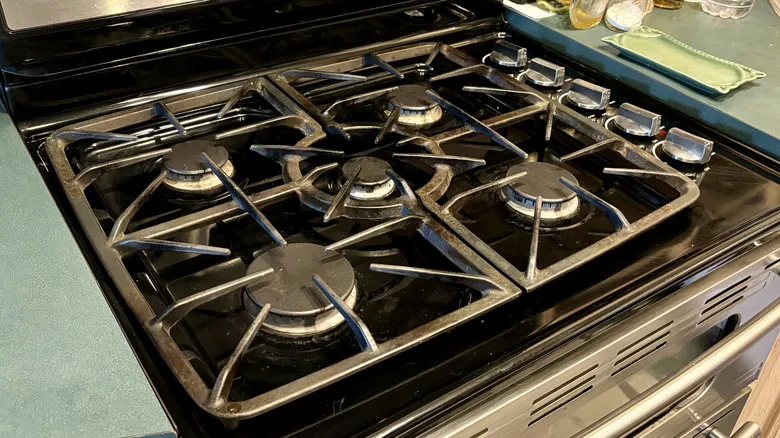Tools you will need
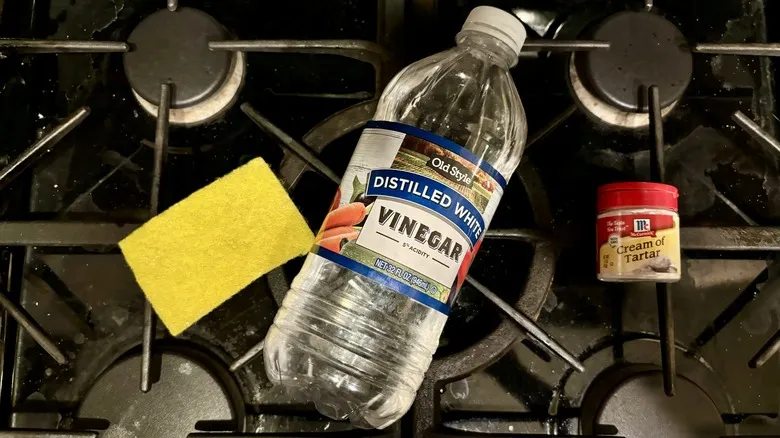
To begin, you'll require a container large enough to accommodate your grates. A sink with a stopper can also work to hold water. Next, you'll need one of the following: dish soap, baking soda, or vinegar. It's important to note that you should use "or," not "and." Avoid combining baking soda and vinegar, as vinegar is a strong acid and baking soda is a base; mixing them will neutralize their effects. If you wish to enhance the vinegar's acidity, consider adding cream of tartar, which is also acidic. Furthermore, be cautious with soap ingredients, as many should not be mixed to prevent unwanted chemical reactions. Always check the specific soap you are using before combining it with baking soda or vinegar.
Additionally, you'll need a coarse sponge or brush to clean your grates, and you might also want an abrasive cleaner like Bar Keepers Friend.
What not to do
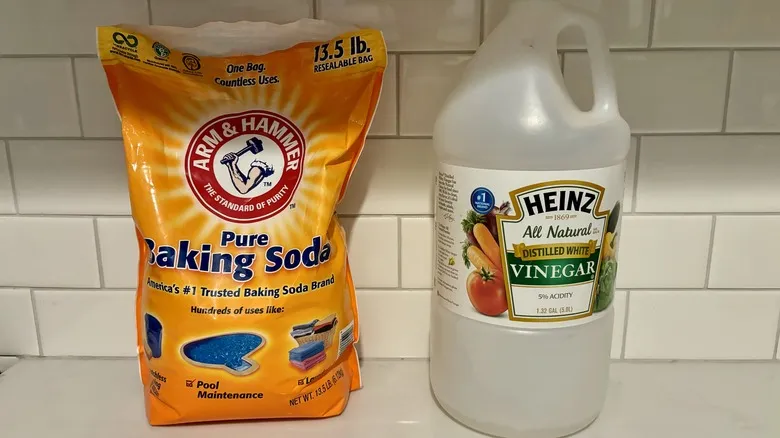
You might come across individuals online suggesting the use of harsh cleaners like oven cleaner or bleach, but it's best to steer clear of this advice. As the name suggests, oven cleaner is specifically designed for cleaning ovens and should not be used liberally. It can emit harmful fumes, damage your grates, and is not intended for casual handling. Similarly, bleach can cause metal items, like your grates, to rust. While bleach is effective for many other cleaning tasks, it is not suitable for this purpose. Additionally, never mix bleach with vinegar, as this combination can produce toxic and potentially deadly gases.
We also advise against placing your grates in the dishwasher. This is particularly important for cast iron grates, as prolonged exposure to water and vigorous cleaning can deteriorate the protective seasoning of the cast iron. Some enameled grates may be dishwasher safe, but this information will be clearly indicated in your stove's manual.
Fill the tub with water
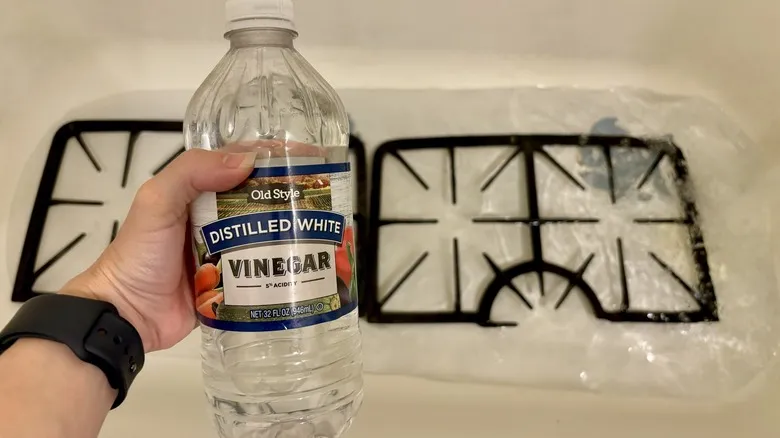
Begin by filling a sufficiently large tub with warm water to accommodate your grates. Incorporate soap, baking soda, or vinegar, and stir the mixture gently. If you struggle to locate a tub of adequate size, we suggest using a bathtub. Fill it with just enough water to submerge the grates—no more than that.
Completely submerge the grates
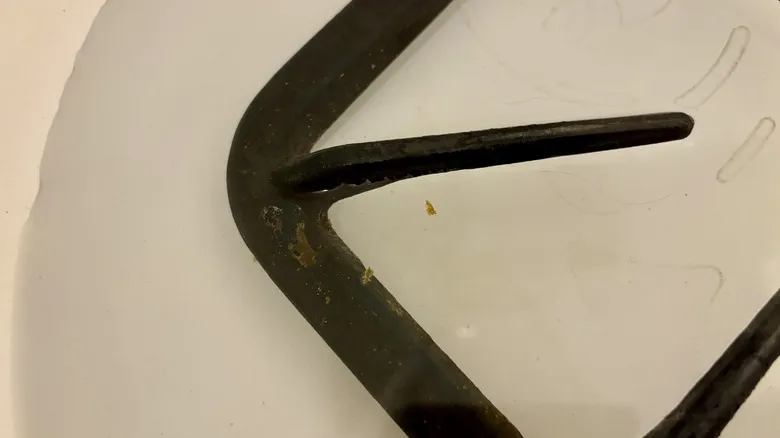
Fully immerse your grates and let them soak for 10 to 15 minutes. For stubborn stains and baked-on residue, you can extend the soaking time. You might observe bits of food and grease loosening during this period.
Scrub them down
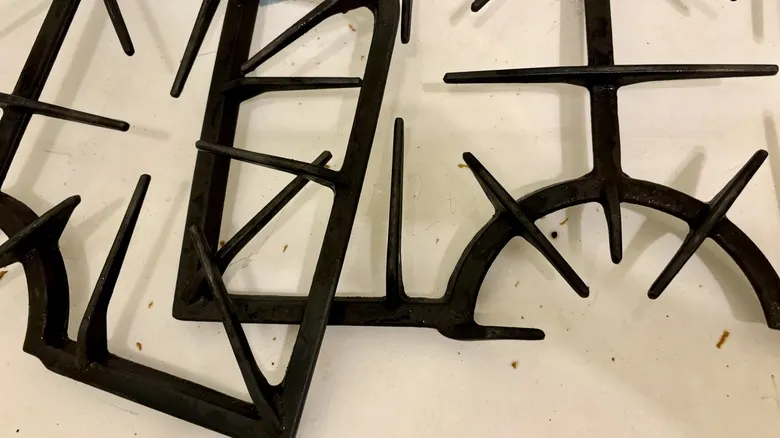
Grab your sponge or bristle brush and give your grates a thorough cleaning. Stubborn food residue may require a bit more effort, but it should come off. If you're struggling, let your grates soak for an extra five minutes.
For any persistent spots, consider using a mildly abrasive cleaner like Bar Keepers Friend or baking soda. Create a paste and use it to scrub away any remaining residue. Keep in mind that, particularly with cast iron, your aim is not to remove the entire coating; rather, you want to eliminate the uncarbonized oil and food particles.
Pat the grates dry
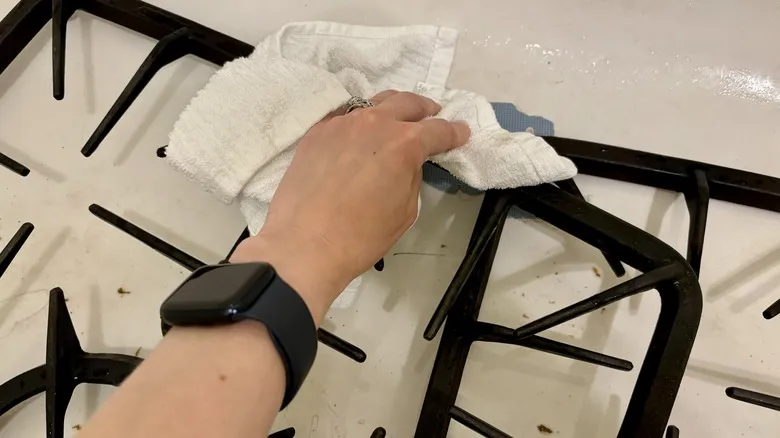
Wipe your grates thoroughly with a cloth to ensure they are completely dry before placing them back on the stove. It's important to avoid any excess water dripping onto the stovetop or accumulating where the grates rest, as this can lead to rust formation.
If your grates are made of cast iron, take a moment to check for any signs of rust. Should you discover any rust spots, you'll need to eliminate the rust and re-season your cast iron.
How often to clean and maintain grates
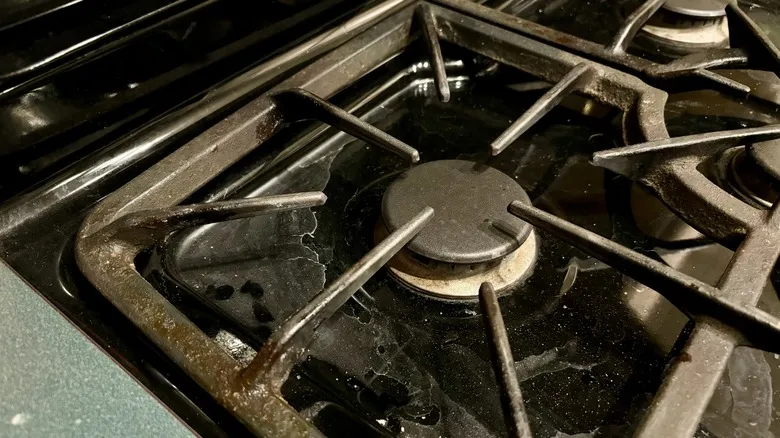
The frequency with which you clean your grates is a personal choice and likely depends on how often you cook. We suggest wiping up any significant spills immediately to maintain the cleanliness of your stovetop and grates.
For those who cook frequently, brands like Whirlpool recommend thoroughly cleaning your grates once a week. Conversely, if you cook less often, a monthly cleaning may suffice. The longer you wait between cleanings, the more challenging it can be to remove built-up residue, as grease and grime accumulate and become baked on with each use.
Recommended
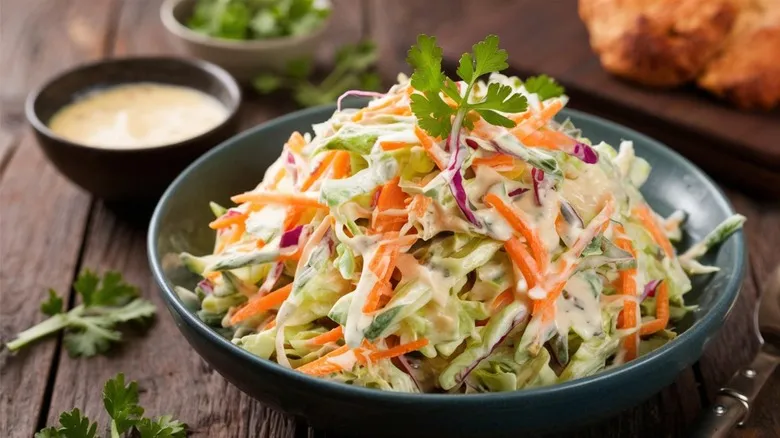
Skip The Mayo. Dress Your Coleslaw In Alabama White BBQ Sauce Instead
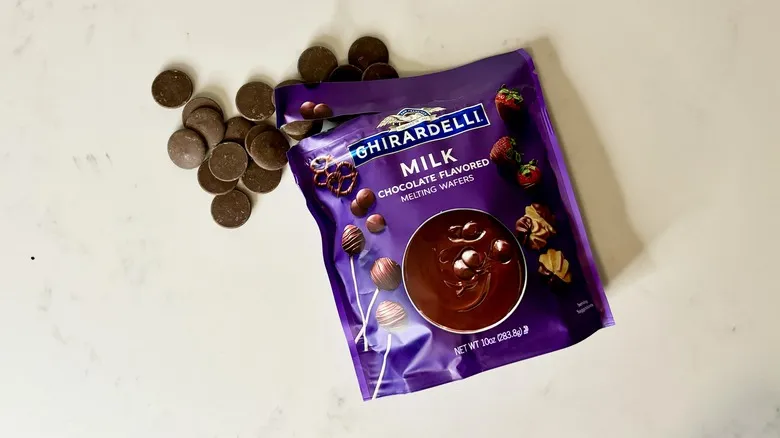
How To Thin Candy Melts, And Common Mistakes To Avoid

25 Kitchen And Food Hacks That Will Change Your Life

You're Rinsing Basmati Rice Wrong According To Padma Lakshmi
Next up

